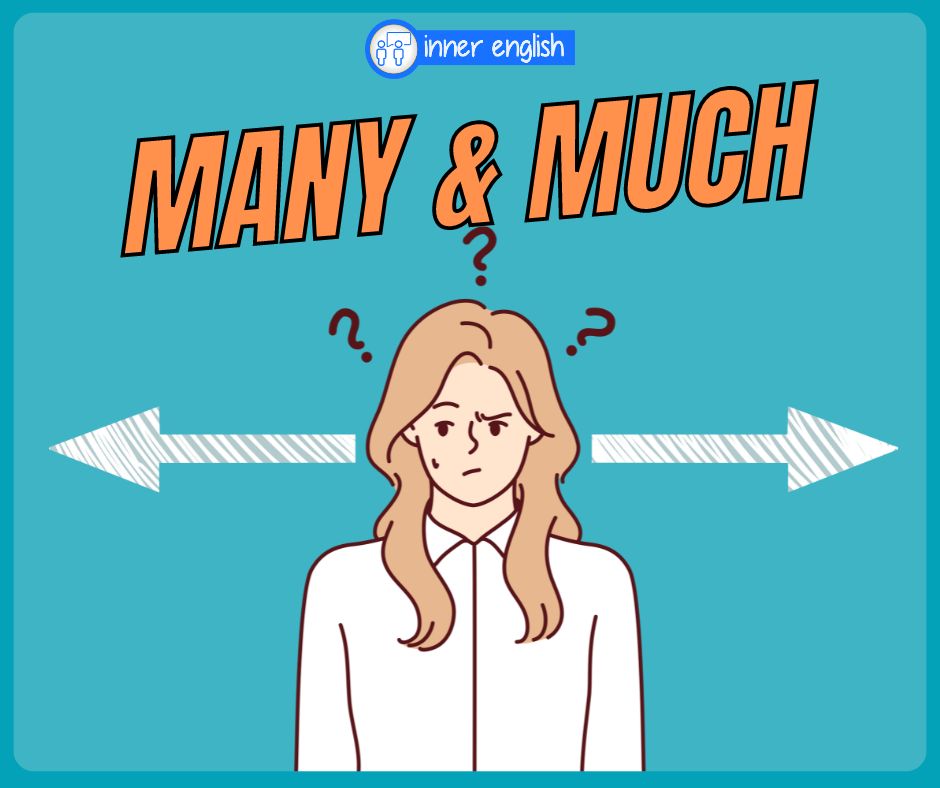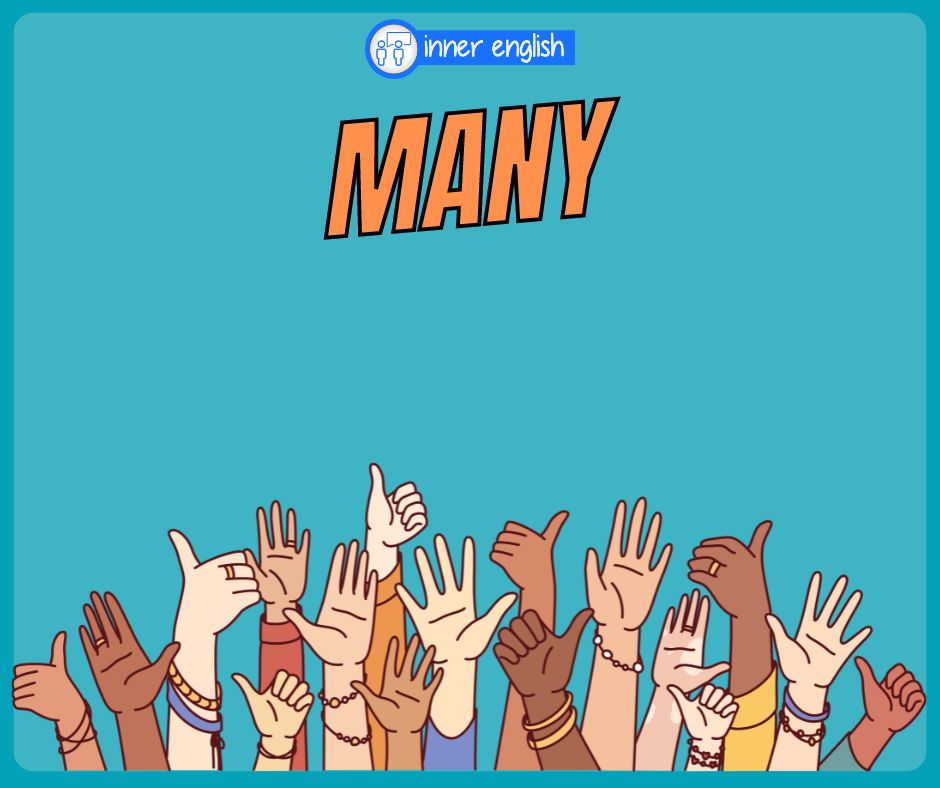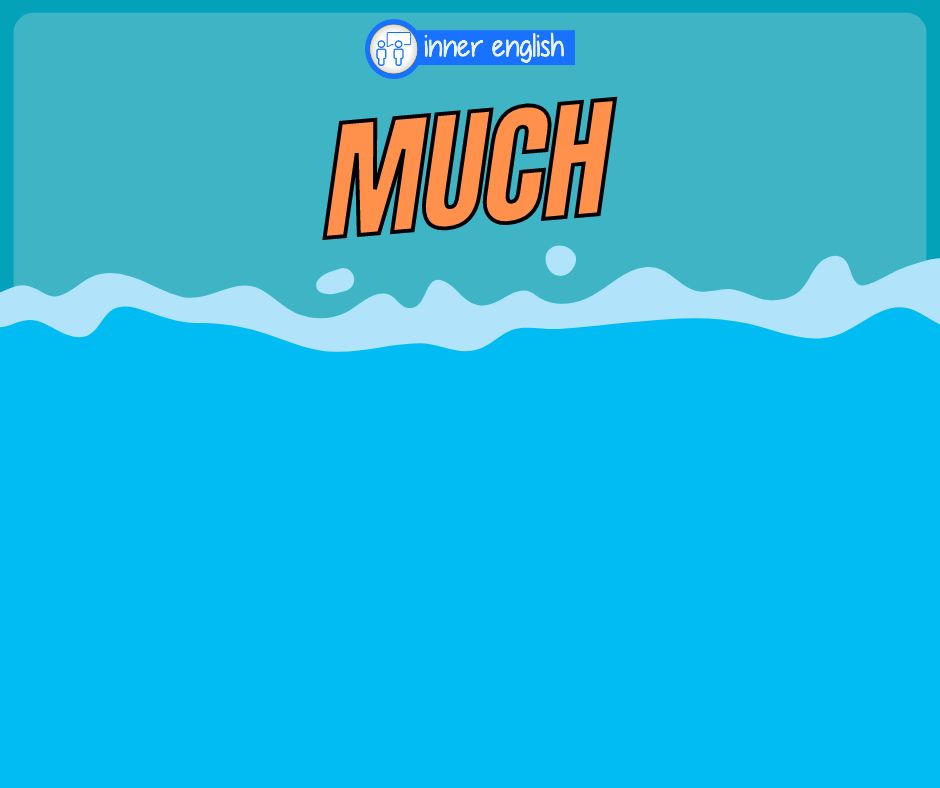Many & Much
The use of
"Many"
Countable Nouns
Some common examples of countable nouns include:
One apple /Two apples (apples)That car /Many cars (cars)A student /45 students (students)My pen /My many pens (pens)
Note that countable nouns are
And now that I mention the noun "people", I must tell you about some words that do not follow the
Some common examples of countable nouns include:
One person /Seven people (people)A tooth /Three teeth (teeth)- Super man / X-men (men)
That woman /Those women (women)
"How Many?"
We use "how many" to ask specific questions about the number of countable items. Here are some examples:
In each of these examples, "how many" is used to ask about the quantity of something that can be counted individually.
"Much"
It is not possible to count a liquid or the experience you have playing an instrument with your fingers.
Uncountable Nouns
Some common examples of uncountable nouns include:
Much waterMuch moneyMuch sugarMuch experienceMuch time
Note that uncountable nouns often represent substances, abstract concepts, or categories of things that cannot be divided into individual units.
Special Cases
Some nouns may seem countable in other languages but are not in English. Here are some examples:
- Advice (consejo) - Incorrect: advices
- Furniture (muebles) - Incorrect: furnitures
- Homework (tarea) - Incorrect: homeworks
- News (noticias) - Incorrect: newss
"How Much?"
We use "how much" to ask about the exact quantity of an uncountable noun. Here are some examples:
In each of these examples, "how much" is used together with
In the next lesson, I will tell you more about all the words used to indicate uncertain quantities.



